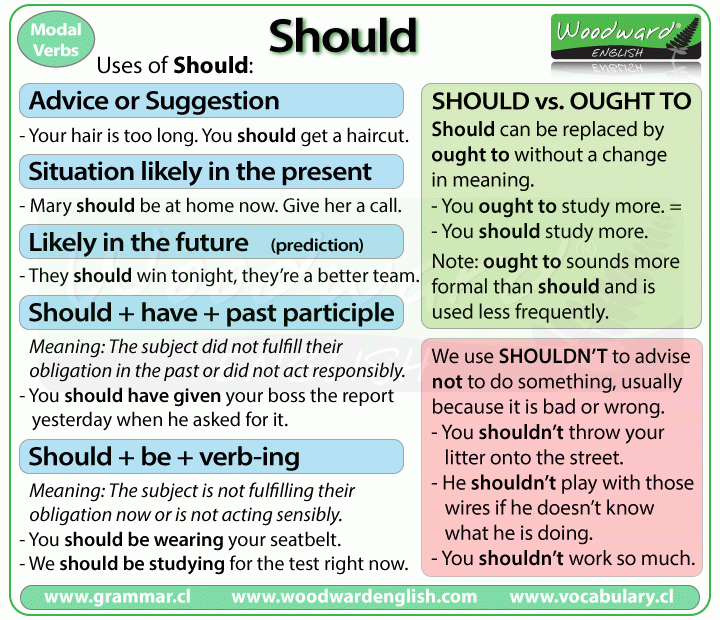When Is A Baby Considered Alive
Have you ever wondered at what point is a baby considered alive? This question sparks debates and discussions in various fields, from medicine to ethics. In this article, we will delve into the different perspectives and factors that come into play when determining the moment when a baby is considered alive.
Knowledge
When discussing the topic of when a baby is considered alive, it’s essential to consider various scientific, ethical, and legal viewpoints. From a biological standpoint, life begins at conception when the sperm fertilizes the egg, creating a unique genetic makeup. This fertilized egg, known as a zygote, has the potential to develop into a fully formed human being.
As the zygote continues to divide and grow, it transitions through different stages of development, such as the blastocyst, embryo, and fetus. Each of these stages brings about significant changes in the growing organism, ultimately leading to the birth of a baby. However, the exact moment when a baby is considered alive is subject to interpretation and varies depending on cultural, religious, and legal beliefs.
From a legal perspective, the issue of fetal personhood and the rights of the unborn child have been hotly debated. In some jurisdictions, fetuses are granted legal rights and protection, while in others, the focus is primarily on the mother’s rights and autonomy. This complex interplay between the rights of the mother and the rights of the unborn child adds another layer of complexity to the question of when a baby is considered alive.
Conclusion
In conclusion, the question of when a baby is considered alive is a multifaceted issue that involves scientific, ethical, and legal considerations. While some may argue that life begins at conception, others may believe that it starts at a later stage of development. Ultimately, the answer to this question may vary depending on individual beliefs and perspectives.
For those in the medical field, understanding the intricacies of fetal development is crucial for providing the best possible care for both mother and child. Ethicists grapple with the moral implications of defining the moment of life’s beginning, while lawmakers navigate the complexities of balancing the rights of the mother with the rights of the unborn child.
As society continues to evolve, so too will our understanding of when a baby is considered alive. This ongoing dialogue is essential for fostering informed discussions and making decisions that reflect the values and beliefs of our communities.






